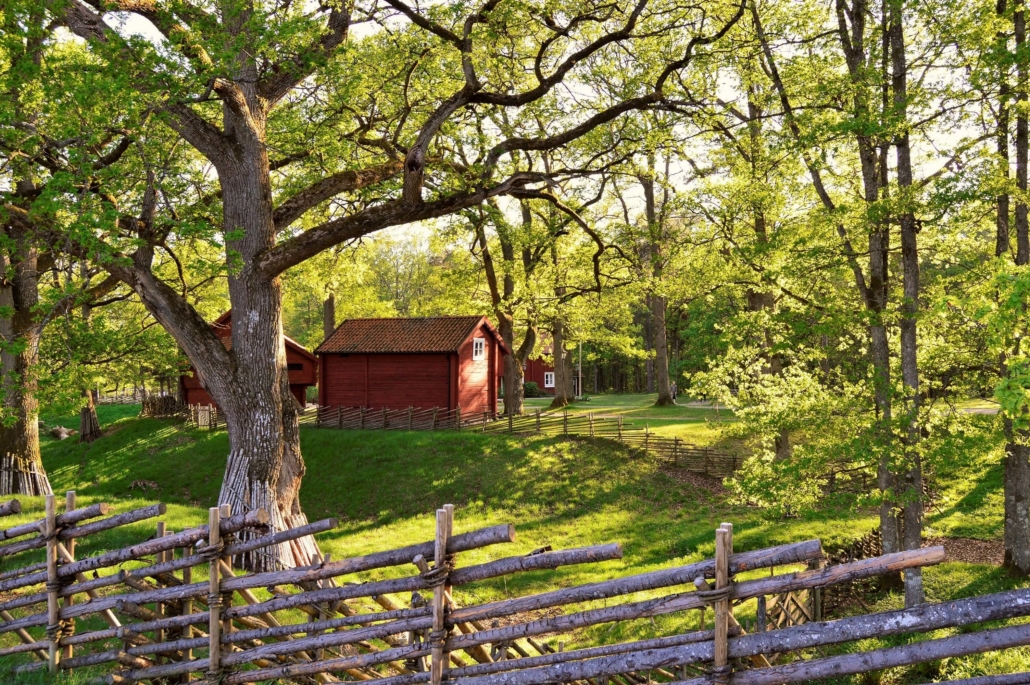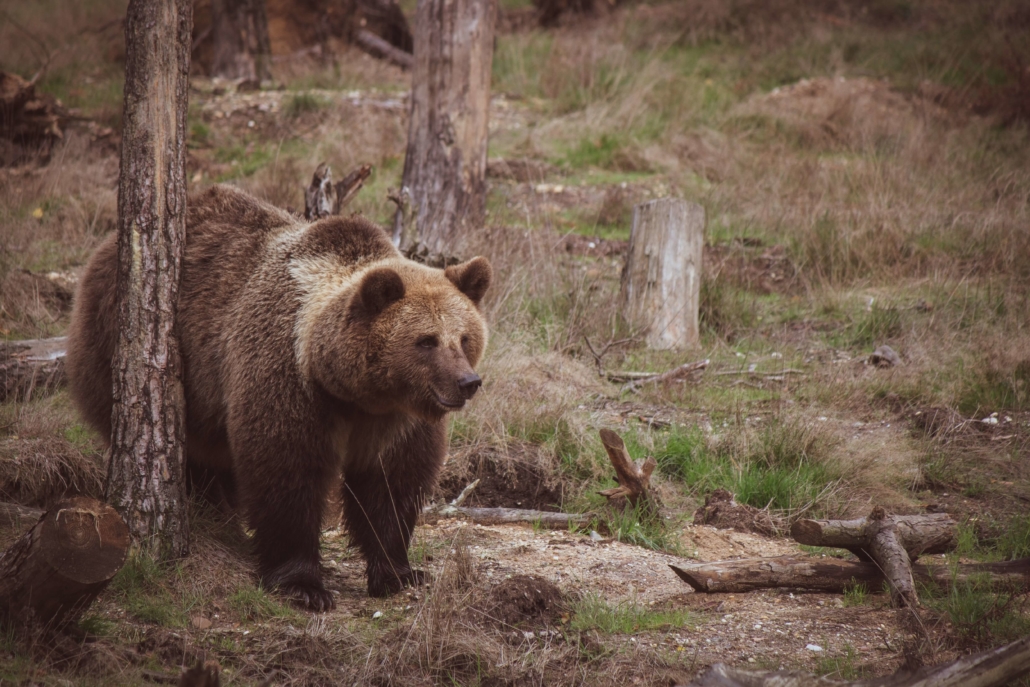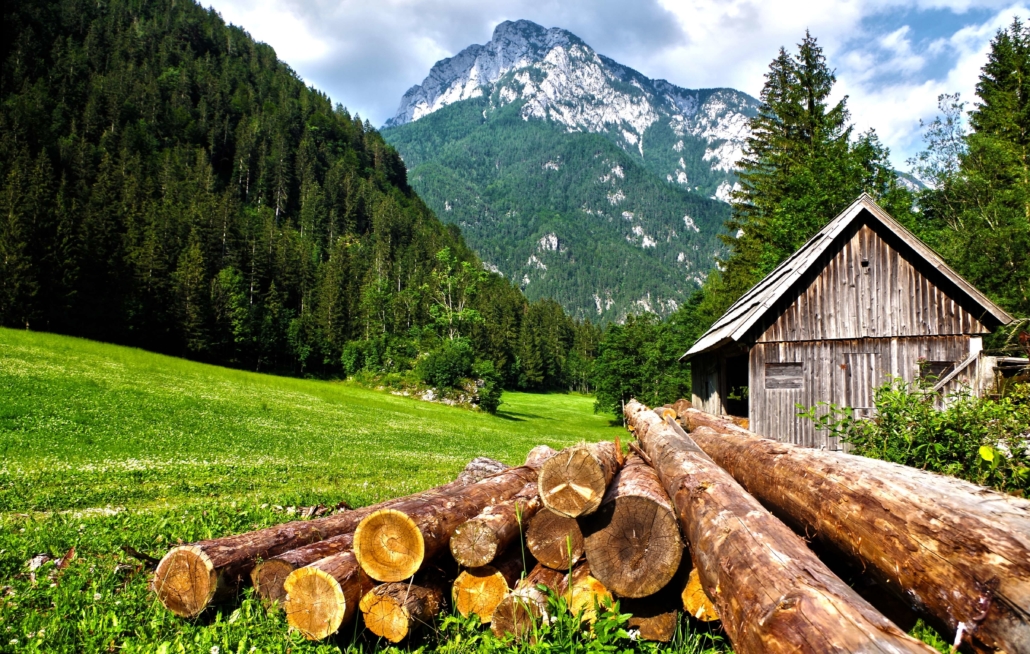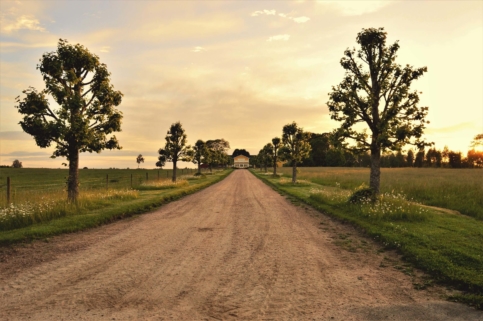Is it Worth it to Buy a House With Lots of Land?
Living on lots of land out of the country tends to make people either sigh with relief or cringe at the thought. While the city is great for some, having lots of open space, living away from the city and feeling closer to nature are solid reasons why many aspire to buy a house with lots of land.
But as we’ve checked with home security systems, upgrading your backyard and finishing a basement, now we’re here to ask the same question. Is buying a house with lots of land worth it?
Two Land-Buying Options
If you’re looking for lots of land, you’ve got two options: a house with lots of land or buying vacant land.
Some people buy vacant land for investment purposes, agriculture or to build their own house on the property. Buying vacant land for investment means you won’t have much to do with it — a definite pro. The same goes for land that you buy just to hold onto, such as for hunting purposes.
Buying a house with lots of land could mean a lot more work, depending on the condition the land is currently in and what your intentions are. Some homeowners leave the land as natural as possible, which could reduce the amount of work.
For the sake of this article, we’ll focus on some considerations for buying a house with lots of land, but check out our vacant land listings if that’s the route you’re looking into!
Buying a House With Lots of Land: Things to Consider

Fencing
There are a number of reasons why you might want to fence your property:
- Keeping out trespassers
- Creating a space for pets to roam
- Protection from animals (deer, bears, coyotes, etc.)
If you think you’ll face any of those above issues, putting up fencing is a good decision. Keep in mind, the average cost to put up a fence is between $10 and $30 per linear foot. An average yard costs more than $2,700 on average. You’ll pay several thousand at least to fence a larger property.
The property you’re looking at might already have fencing, but if it doesn’t and you want to install it, make sure you budget in those costs.
Yard Upkeep
The more grass, the more work. Mowing, watering, fertilizing — these take a ton of time if you’re planning on doing it yourself and will cost several thousand a year if you pay someone. This isn’t counting the materials; you’ll almost certainly need to buy a riding lawn mower if you don’t already have one.
That being said, there’s a growing trend in moving away from yards. If it makes sense to leave things natural, that’s beneficial for the environment and lessens the amount of upkeep (but doesn’t eliminate). For example, you might not have a ton to worry about if you have a forest on your property, but you might want to lay some rocks as a barrier for ticks and other critters to come near your home.
Speaking of critters…
Animals

The more remote your property, the higher chance you’ll have some run-ins with animals from time to time. This is a huge draw for lots of homeowners, but there are plenty of cons that deserve consideration.
- Insects: Properties near water can experience lots more flies and mosquitoes.
- Deer: Adorable 95% of the time, annoying when they eat your garden.
- Bears: Depending on where you live, you might need bear-proof trash bins and/or fencing unless you want to deal with them firsthand (you don’t).
- Coyotes/wolves: Could go after smaller animals or prey on larger mammals, like sheep or cows.
- Raptors: Birds of prey (eagles, hawks) will also pick off smaller animals.
Again, it might seem fun to get an up-close view to wildlife, but animals are wild and unpredictable. Homeowners have absolutely lost dogs or other pets to wild animals. If that’s not worth the risk, then you’ll have to rethink your space (or whether it’s worth it at all).
Functionality
Does the property you’re looking at have wetlands? Were the previous owners farmers? Any time you’re looking to buy a house with lots of land you need to think about the functionality of that space, as well as if it fits into your needs.
If you want a grassy knoll for your kids to roam, a property with wetlands isn’t the answer. If you don’t want to deal with a farm, you probably won’t want to buy a working farm. Find a property that meets your goals instead of forcing a property to adapt — it might not work out the way you want if you go for the latter.
Tax Incentives

You can sometimes bypass property taxes by taking part in a conservation program. Some states have forestry or wetlands protection programs that incentivize land protection by offering lower tax rates. If you thought this list was only negative considerations, count this one as a win. There will still be work involved, but you get front-row access to beautiful nature and get to feel good about keeping it intact.
Freedom
Most properties sitting on 5+ acres aren’t part of an HOA. There’s a lot of freedom that can come from owning lots of land. You can build your own house on it. You can create a gorgeous vacation rental or Airbnb, or turn it into a blissfully remote venue, or, heck, even create the massive garden you’ve always dreamed of.
Sometimes buying land offers opportunities that a traditional house and yard do not.
The Verdict
For those who want (and are able) to take on the responsibility and find it well worth the peace and tranquility, buying a house with lots of land is a good call. Those who love the idea but not the work will need to financially prepare for paying others for maintenance and upkeep, or reconsidering altogether.
Make no mistake, buying lots of land comes with lots of work. But that doesn’t mean it’s not worth it. Look through our homes for sale to find the spacious property of your dreams.

